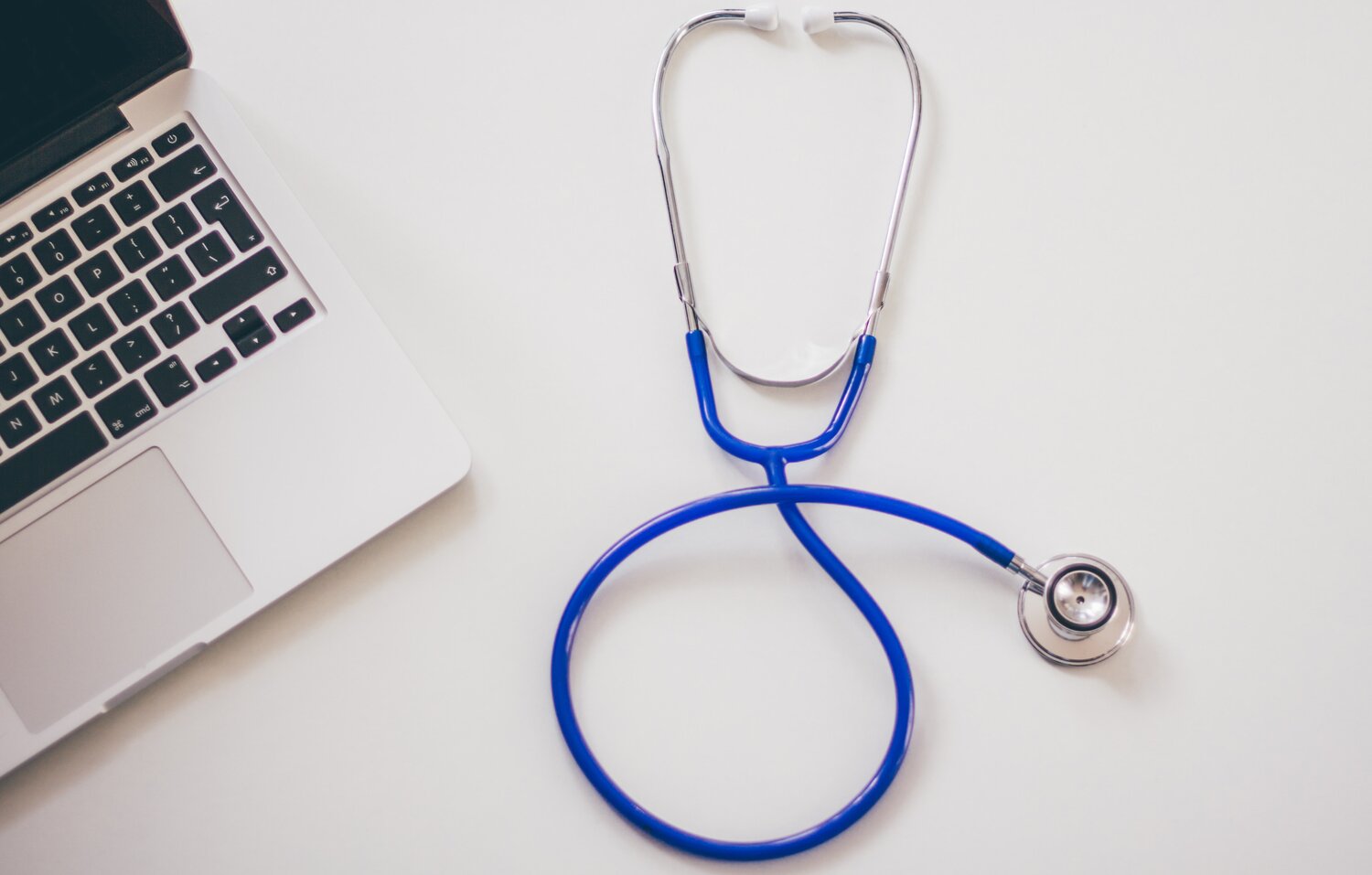Six months ago, noticing you had a sore throat or a runny nose (or even a persistent cough) might have made you think you were coming down with a cold. And while that might have made you want to check in with a doctor or stop by a wellness store for some immunity-boosting supplements, in 2020, the warning signs of a health concern might make you feel more on edge.
According to the Centers for Disease Control and Prevention, there are symptoms you can look out for that would indicate you might have contracted COVID-19. And because those symptoms may not appear for up to two weeks after a person contracts the virus (and with the virus itself ranging from mild to severe), it’s easy to see why so many people might be turning to the web to help them understand what’s going on with their body and when to seek medical attention.
Of course, the availability of medical information isn’t the same for everyone in a global health pandemic, and not everyone consumes medical advice the same way in our digital world. RateMDs recently conducted a study of 2019 IPUMS health surveys to understand where the gaps currently exist with access to virtual health care and sound medical advice. As their analysis revealed, financial status may not fuel the only disparity between technology and personal health information.
The Digital Gender Gap
More than 1 in 3 Americans surveyed by RateMDs said they looked up symptoms of COVID-19 online at least once a week or more, though 17% of people age 60 and over also acknowledged they’d never used the internet for this purpose.
Compared to men (49%), women (59%) were more likely to utilize digital health platforms. Women were also more likely to use the web for practical health purposes, including refilling prescriptions online (13%) and communicating with their health care providers via email (16%).
In an age of social distancing and self-quarantine, younger people may also have an advantage when it comes to utilizing online health resources. People in their 20s (64%) and 30s (63%) were the most likely to utilize the web to search for health information. Older generations – including people in their 40s and 50s – more often used digital options for refilling their prescriptions.
Finding Good Health Online
While not everyone utilizes the web the same way to research health concerns or for more immediate needs, like communicating with their health care providers or refilling perceptions, are they healthier for their digital interactions?
The short answer is yes.
People who use the internet to search for health information were 12 percentage points more likely to identify as being in good health, along with those who communicate with their providers via email (5 percentage points) and refill their prescriptions online (.1 percentage point).
As the analysis revealed, utilizing online health resources made the biggest difference in how healthy people felt among older generations, particularly those in their 60s (who also happen to be among the most vulnerable to COVID-19).
Of course, the internet may not always be the best resource for people worried about their health.

Men were the most likely to be negatively affected by looking up health information online. Overall, people who used the internet to search for health information were 13 percentage points more likely to feel restless, including 45% of women and 43% of men. While younger generations were more inclined to use the web to answer their health questions, people in their 20s and 30s were also the most likely to feel restless after doing so.
Socially Distant Health Care
In the age of COVID-19, accessing quality health information online can help avoid high-risk, possibly dangerous physical exposure to the virus. When it’s possible to utilize the web for services that don’t require in-person interactions (like chatting with a doctor or refilling a prescription), people can save those in-office appointments for patients who need them.
Those who use the web for various health aspects reported feeling healthier, but they might also be overloaded with access to too much information. In the midst of the health pandemic, being able to use the web for medical information requires balance to avoid feeling overwhelmed by all of the data (and opinions) you can find on the internet.

